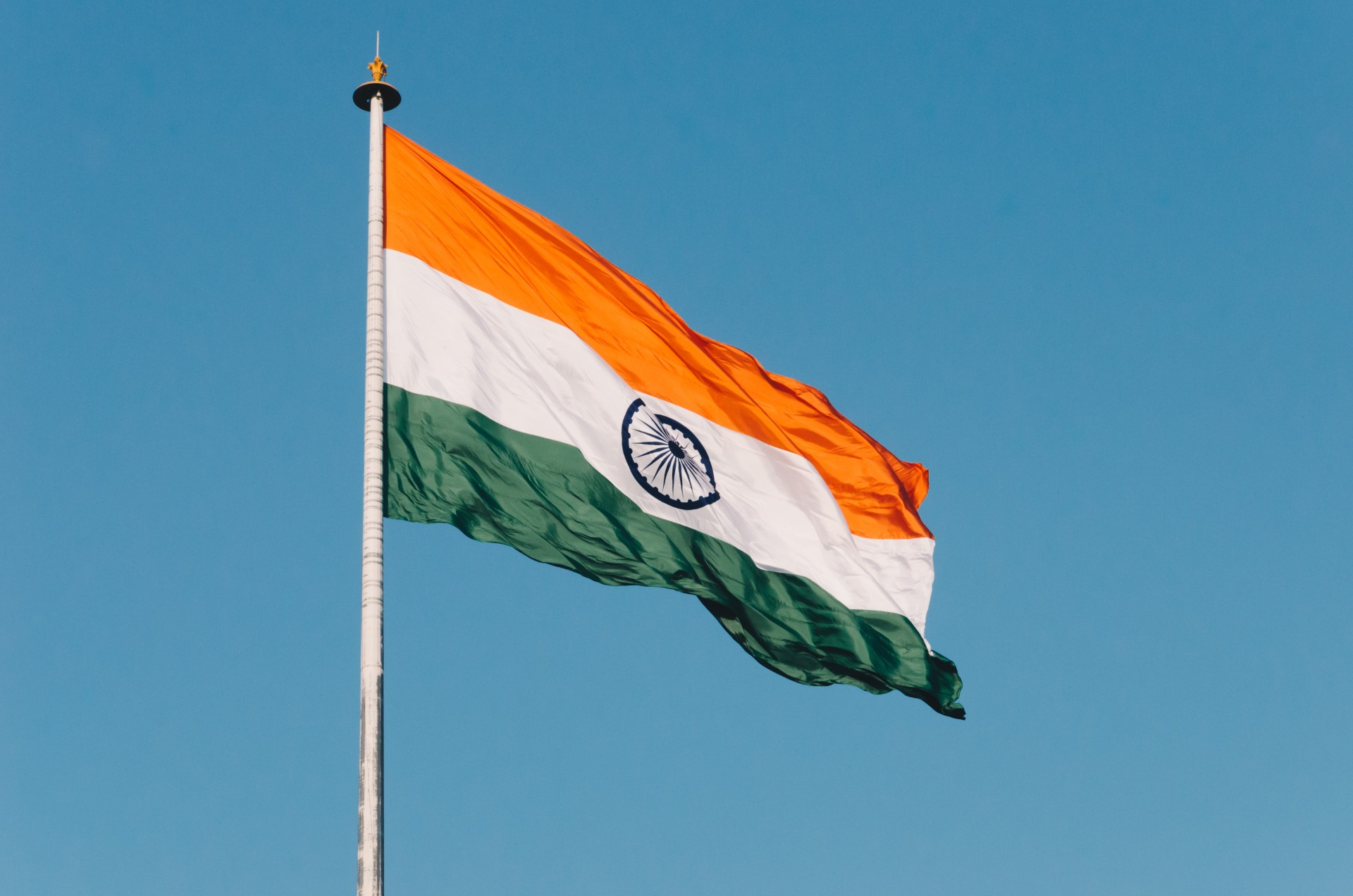[ad_1]
LUXEMBOURG — Russian tycoon Roman Abramovich never stood a chance of avoiding EU sanctions despite having no link to the Kremlin’s war in Ukraine, his lawyers argued Wednesday.
“A real myth has grown around the personality of Roman Abramovich,” his lawyer Thierry Bontinck told the EU’s second highest court, the General Court.
“He can’t go for a coffee at Starbucks without the next day’s headlines announcing his intention to buy the chain. His visit to any city in the world will automatically imply that he will buy the local football club,” he added.
The former owner of Chelsea Football Club was sanctioned in March last year for allegedly benefiting from his close ties to Russian President Vladimir Putin and for contributing to the Kremlin’s war chest through his economic activities. The EU’s measures include assets freezes and visa bans.
Shortly after, Abramovich sold the English Premier League club for the highest price ever paid for a football team. A foundation set up to distribute £2.5 billion (nearly €3 billion) in proceeds from the sale to victims of the war in Ukraine has yet to spend any money on providing the promised aid.
The 56-year-old steel tycoon was one of the first individuals sanctioned by the EU to sue to get that decision annulled and wants the Council of the EU to pay €1 million to make up for damages to his reputation. That money should be paid to a charitable foundation for victims of conflicts, according to his court filings.
Abramovich is one of some 1,600 people and 200 companies sanctioned by the EU in response to Russia’s aggression in Ukraine. Other high-profile sanctioned businessmen include Mikhail Fridman, Petr Aven and Alisher Usmanov.
Double-edged sword
In a court hearing in Luxembourg on Abramovich’s suit, his lawyer said that it was his celebrity that prompted the EU to target him, but that this was wrong. Bontinck argued that Abramovich didn’t benefit from close relationships to Putin, and — being a passive investor in Russian steel company Evraz — he didn’t provide substantial revenue to the government.
“Celebrity is a double-edged sword. Ask yourself this question: When the war started, did this very famous Russian have a chance of avoiding the restrictive measures? The answer is no,” he said. “Even though he had lived, worked and invested in the West for more than 20 years.”
Abramovich “could not not be put on the list,” because of his status, Bontinck said. That, the lawyer pleaded, was an error, as none of the evidence presented by the EU proved he held influence over Putin.
Bontinck added that Abramovich had “no direct or indirect link with the tragedy that unfortunately is playing out in Ukraine.”
Don’t believe it for a second
The Council of the EU, the intergovernmental part of the 27-nation bloc that takes the lead on sanctions, rejected those arguments.
Abramovich was a major shareholder of Evraz, a multinational steel manufacturing and mining company, and therefore brought in money for the Russian government, the Council said. The steel and metallurgical sector contributed tens of billions to the Kremlin’s budget through taxes last year, the Council added.
“The Council thus holds that Mr. Abramovich is still a leading and influential businessperson,” Council lawyer Michael Bishop said. “Please don’t believe for a second that Evraz is irrelevant for the war effort.”
Even if Abramovich wins the case, however, he might not see his sanctions lifted because of the way the EU’s system works — essentially giving leeway to the Council to find new grounds to impose new sanctions.
The court case is not the only fight that Abramovich is embroiled in.
The oligarch came under fire when it was revealed last year that he received Portuguese citizenship in 2021 by claiming that he was a descendant of Sephardic Jews. This prompted an investigation into the actions of a rabbi who helped the billionaire obtain his Portuguese citizenship.
[ad_2]
Source link



















